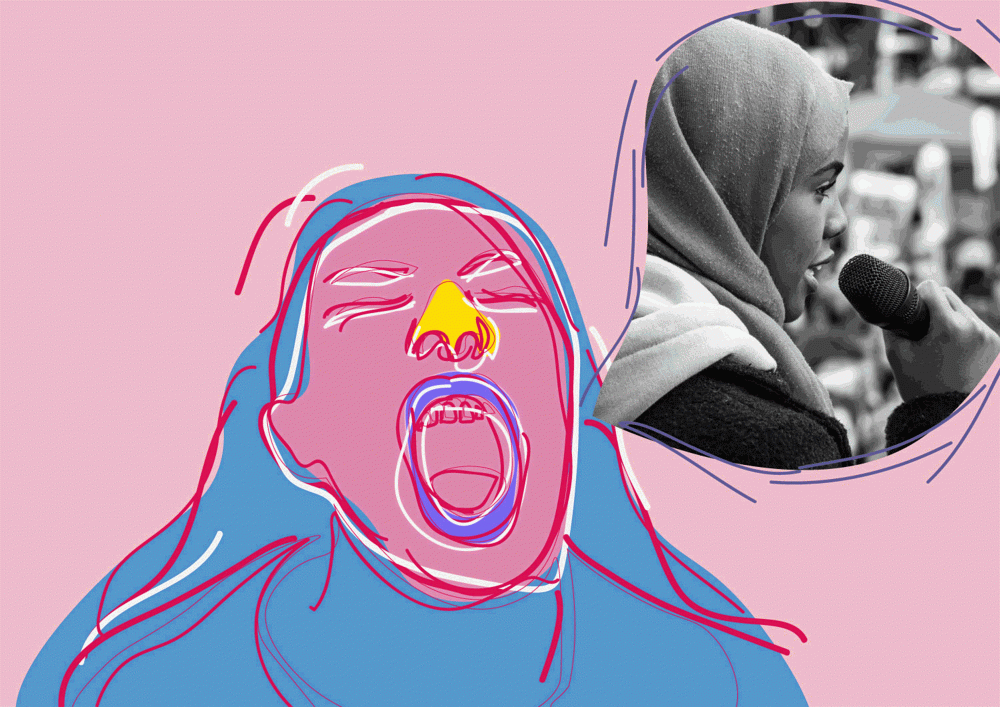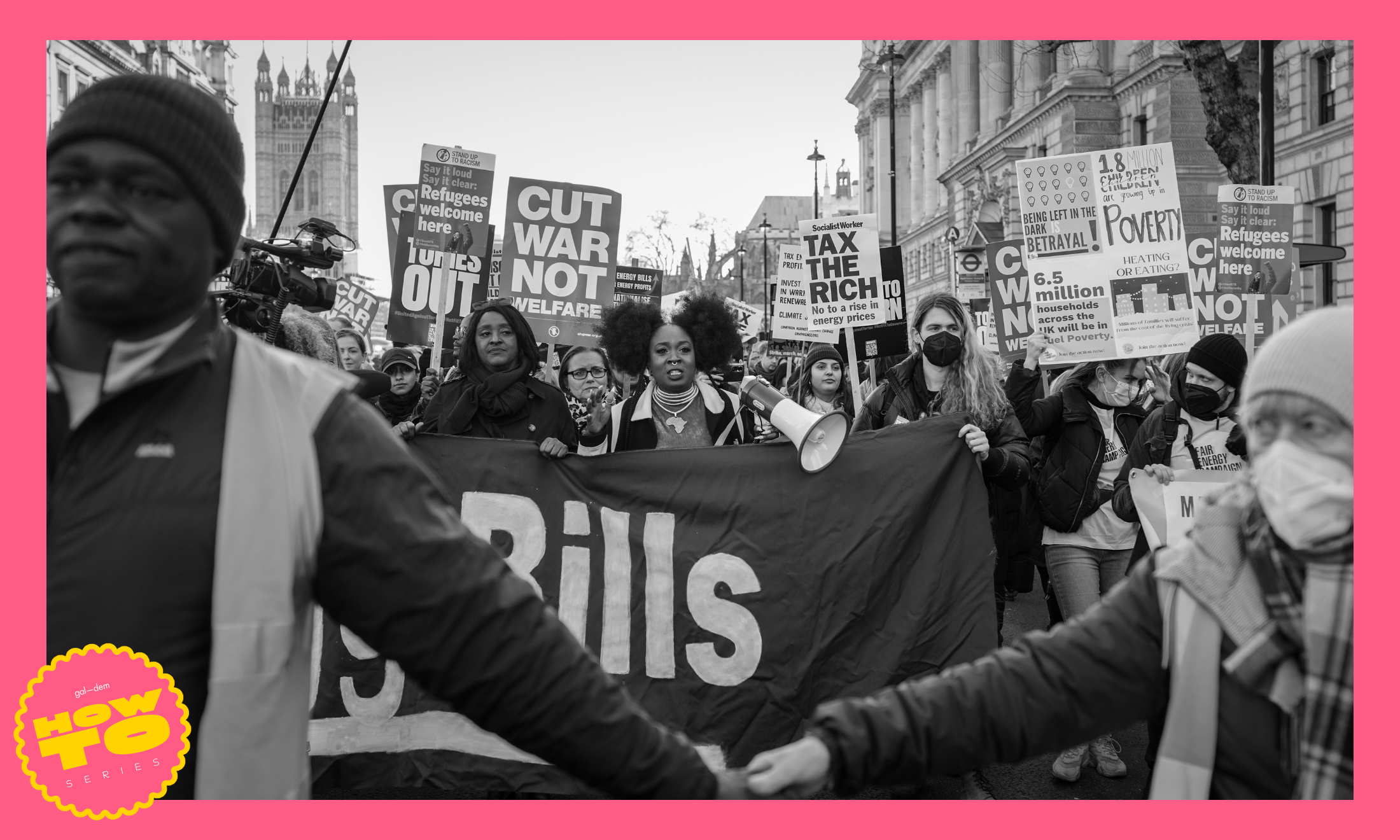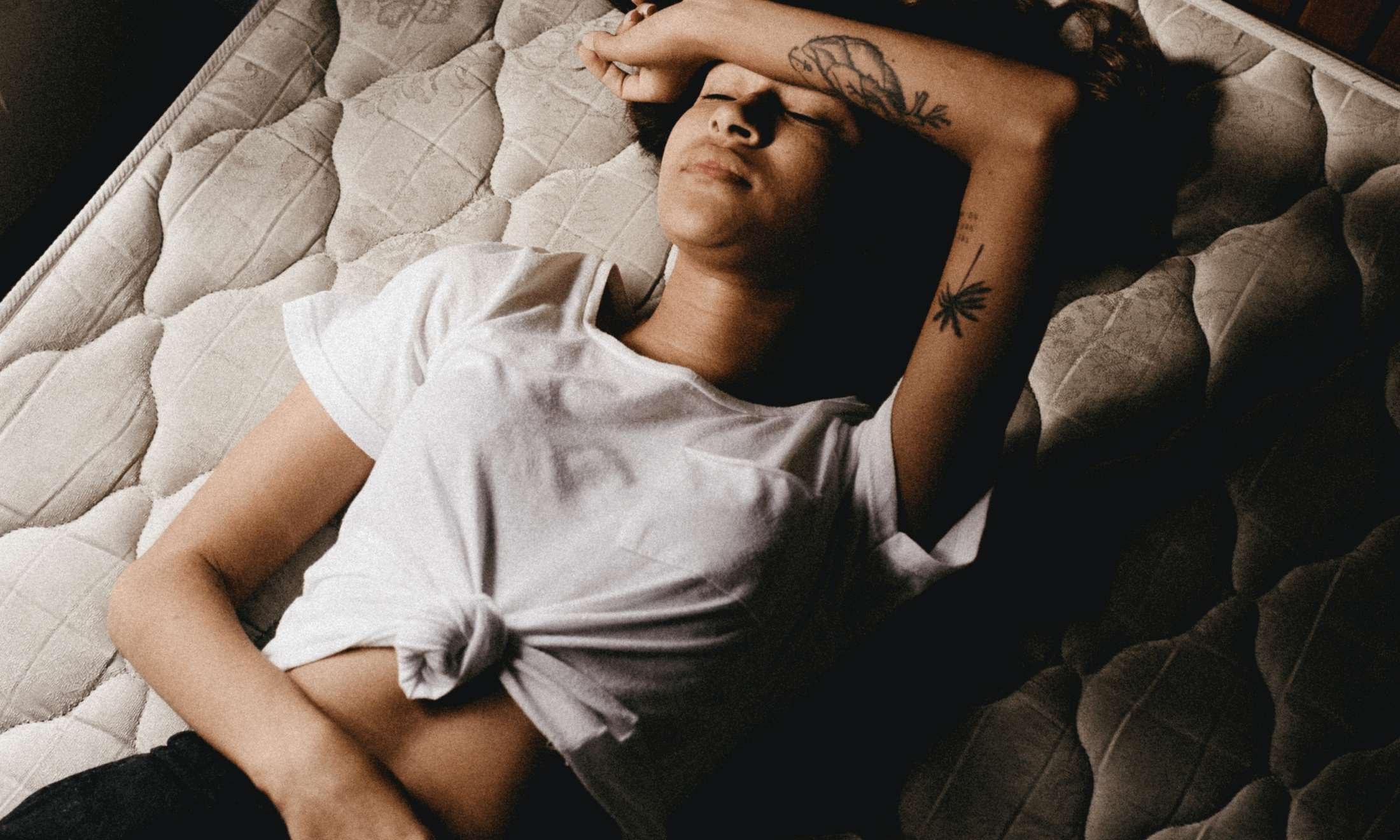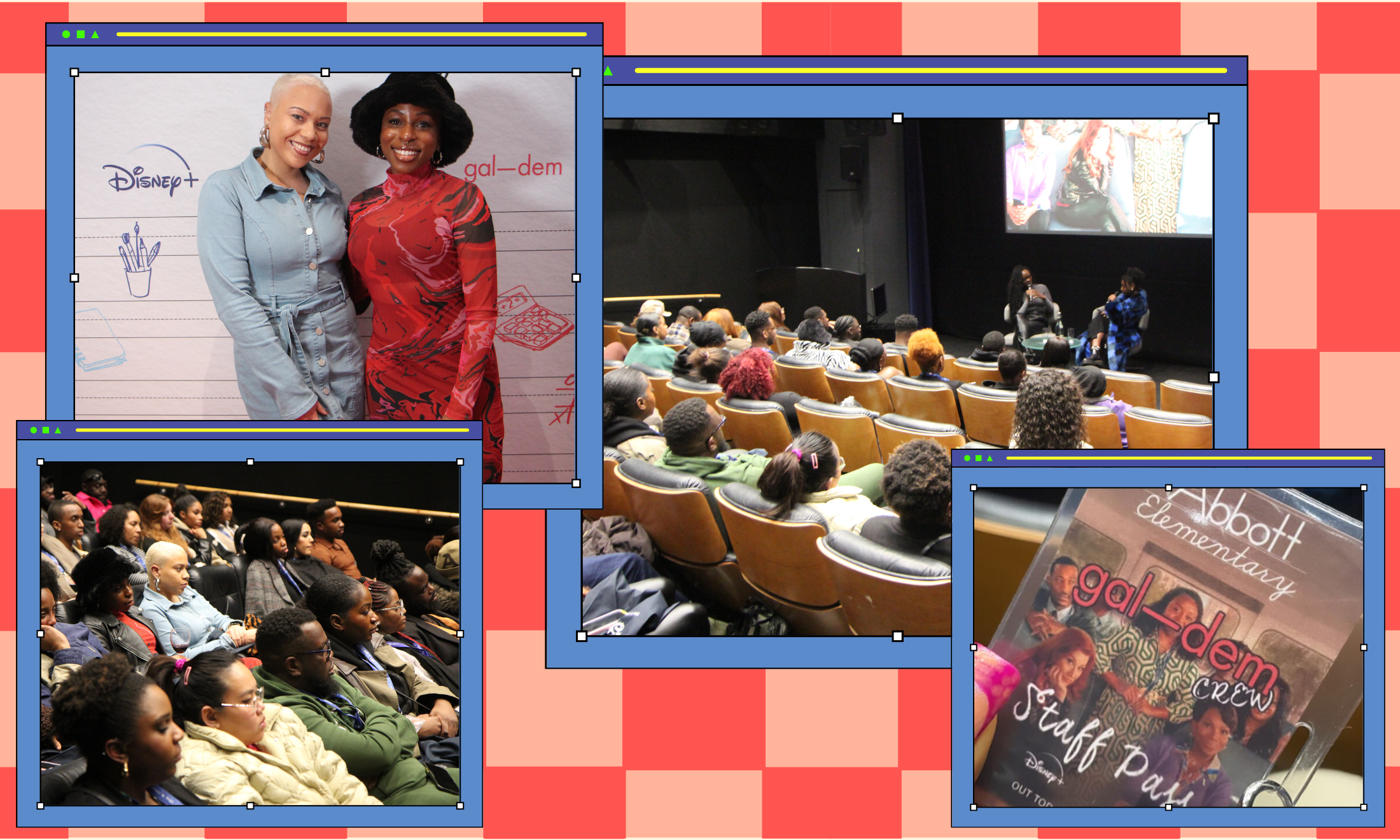
This week proves that we need to do better in the fight against Islamophobia
Neelam Tailor
18 Mar 2019
On Friday, we were given a gut-wrenching wake-up call about the Islamophobia that plagues our world as 49 innocent Muslim people were brutally murdered in two New Zealand mosques. Brenton Tarrant, the white right-wing terrorist suspected of the killings, sent 70 people, including the prime minister, his racist manifesto 10 minutes before live-streaming the attack on Facebook.
It’s highlighted a catalogue of failings. 8Chan, the image board he used to spread his hate has been accused of being “hotbed for radicalisation”. Yet, according to experts like Buzzfeed’s Ellie Hall, authorities have been slower to tackle this extreme part of the internet than they have been to the corners of the internet that served radical Islam.
Headlines in the mainstream media then humanised the suspected white terrorist. The Daily Mirror devoted the entire front-page to a baby photo calling him an “angelic boy”, while the Daily Mail referred to him as a “little blonde boy”. It’s a played out narrative that he was a “normal” man who was led astray– we have to ask whether such empathy and understanding is ever offered to Muslim terror suspects. To make matters worse, the Mail also allowed people to download his hate-filled manifesto from their website, giving this ideology an even greater platform.
Read on for a closer look at this week’s news.
An activist fighting to get hate crimes recognised in New Zealand speaks out
Hate crime is not a specific offence in New Zealand. Mehpara Khan, who was the victim of a horrific racist attack in February 2017 is calling on the government to protect the growing population of Muslim and other BAME people via legislation, which would also mean there would be solid records of it.
Mehpara, from Auckland, New Zealand, had a white woman throw cans of alcohol and try to hit her while shouting Islamophobic abuse at her as she wore a hijab.
Talking about how she felt when she heard about the Christchurch Mosque terrorist attack on March 15, Khan told gal-dem: “I went numb. It was and still is hard to wrap my head around. I just wept at my desk at work, I remember my hands shaking as I messaged my family to tell them what was happening. My parents, my grandfather and my sister were all at Jummah prayer in Auckland. It was surreal.”
In response to the attack, New Zealand’s Prime Minister Jacinda Ardern has vowed to toughen gun laws, potentially banning semi-automatic weapons. But beyond the shooting itself, the perpetrator’s actions are a symptom of the cancer of Islamophobia. It needs curing.
The UK government moves to end period poverty in schools
The government’s announcement of funding for free sanitary products in all English secondary schools and colleges is a huge win for 19-year-old Amika George who started campaigning on period poverty when she was just 17.
One in 10 girls between the ages of 14 and 21 in the UK have been unable to afford sanitary products, while 49% have missed an entire day of school because of their period, according to research by Plan International.
George, who is now studying at the University of Cambridge, told gal-dem that her campaign #FreePeriods “has always been based on the fact that no child should compromise on being able to access their education and realising their true potential just because they’re too poor to adequately manage their period”. BAME girls are particularly at risk of period poverty as they are more likely to live in a deprived neighbourhood and because of “the ridiculous taboo surrounding periods, they often don’t feel comfortable talking about them to their parents, maybe for cultural reasons”, George explained. As an Indian girl, she feels the topic is shrouded in shame.
George reflected on the cultural conditioning she received not to “challenge the status quo”, saying: “I encourage every woman of colour to be a disruptor on issues that we care about.”
The teen activist also addressed misunderstandings around period poverty. “Some people really can’t believe how people can’t afford to buy a packet of tampons that cost a pound,” she said. “They will often blame the parents for not providing for their children but to me, it shows me that we really don’t understand how crippling levels of poverty are in the UK.”
You can support the cause on her website.
ICYMI
- Dave’s debut album Psychodrama debuted at number one. The Streatham-born rapper, 20, beat Foals with a concept album about therapy, mental health, and the working class black experience.
- White passport privilege dripped from Caitlin Moran’s tweet as MP Jess Phillips offered to help her friend speed up a passport so her child could go on holiday.
I WANT TO FIGHT pic.twitter.com/TnpoHWkuT8
— kieran (@kieran_yates) March 14, 2019
- Birmingham’s Parkfield community primary school has suspended its LGBTQ+ rights classes following last week’s protests from parents until a resolution is reached.
- Hundreds of high school students in the Bronx, New York, felt their school’s attempts to address racism on campus were inadequate, so they locked administrators out and occupied the building for 72 hours.
- Half of children shot by police with stun guns, and a third of those restrained using spit hoods in England, are from a BAME background, an FOI has revealed.
Black South African TV and radio presenter Samora Mengesi claims he was the victim of a violent racist attack after stopping to help a group of white people whose car had overturned. - The government has appointed its first National Adviser for LGBTQ+ Health, Dr Michael Brady, who will advise on how to tackle inequality in the healthcare system including improving awareness of LGBTQ+ issues, implementing sexual orientation monitoring, and addressing LGBTQ+ issues in mental health services.
- Hundreds of people took part in an anti-racism rally in Glasgow on 16 March, with crowds holding a minute’s silence to remember those killed in the New Zealand terror attack.
- A young black man from Jacksonville, Darnel Chaffin, wrote to the media from prison about how he was arrested after a police officer said he resembled a suspect who committed a robbery. Chaffin wrote “life is passing me by” for something he claims he did not do.
Moment of the week
When you read about Lori Loughlin and Felicity Huffman, remember Tonya McDowell, a Black mom from Connecticut who spent 2012-2017 in jail for lying about her address to send her kindergartener to a better school. The whole damn system is guilty. #CollegeCheatingScandal pic.twitter.com/Ns1J2X90Ox
— BYP100 (@BYP_100) March 13, 2019
The college fee scandal is revealing some pretty grim cases within the US justice system around low-income families striving to give their children a better chance in life.









